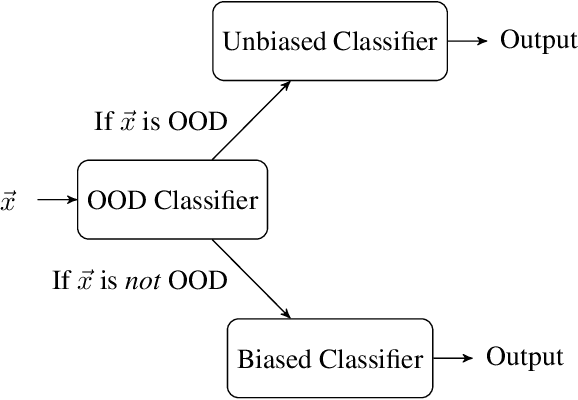Axiomatic Aggregations of Abductive Explanations
Paper and Code
Oct 12, 2023



The recent criticisms of the robustness of post hoc model approximation explanation methods (like LIME and SHAP) have led to the rise of model-precise abductive explanations. For each data point, abductive explanations provide a minimal subset of features that are sufficient to generate the outcome. While theoretically sound and rigorous, abductive explanations suffer from a major issue -- there can be several valid abductive explanations for the same data point. In such cases, providing a single abductive explanation can be insufficient; on the other hand, providing all valid abductive explanations can be incomprehensible due to their size. In this work, we solve this issue by aggregating the many possible abductive explanations into feature importance scores. We propose three aggregation methods: two based on power indices from cooperative game theory and a third based on a well-known measure of causal strength. We characterize these three methods axiomatically, showing that each of them uniquely satisfies a set of desirable properties. We also evaluate them on multiple datasets and show that these explanations are robust to the attacks that fool SHAP and LIME.
 Add to Chrome
Add to Chrome Add to Firefox
Add to Firefox Add to Edge
Add to Edge